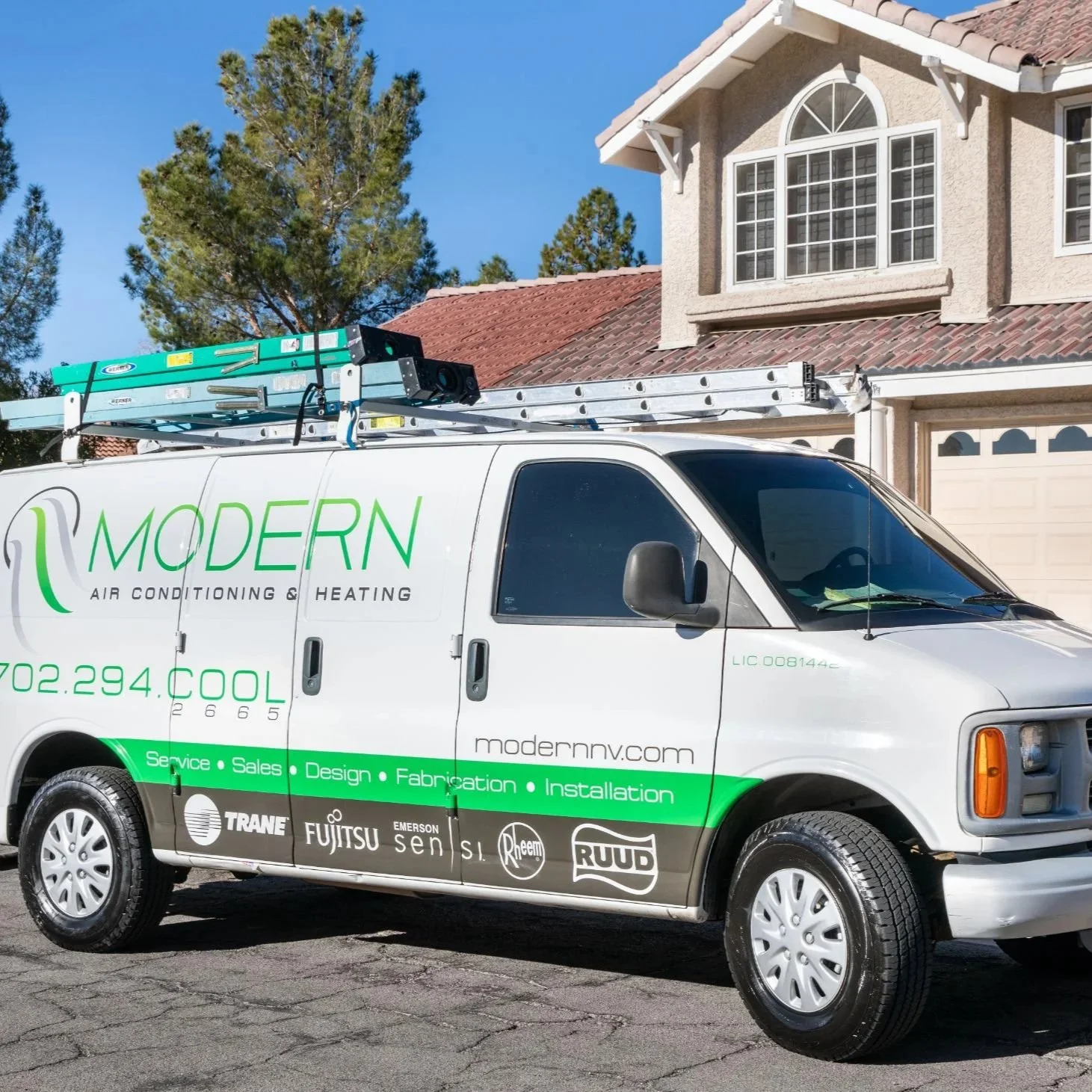Boosting Efficiency Through Scheduled Heating System Care
Technicians clean burners, vacuum compartments, and swap out clogged filters before they have a chance to choke your comfort.
Fighting Dust Buildup Like A Pro
Heating systems have a not-so-secret enemy: dust. It settles on burners, clogs filters, and sneaks into every crevice it can find. Once it builds up, the entire system begins to struggle. Airflow slows down, heat distribution suffers, and energy bills start creeping higher like they’re plotting a financial ambush.
Professional heating system maintenance includes a full sweep of these dusty offenders. Technicians clean burners, vacuum compartments, and swap out clogged filters before they have a chance to choke your comfort. A well-cleaned system runs smoother, breathes better, and makes sure the only thing collecting dust is your high school yearbook.
Saving Energy Without Sacrificing Warmth
There’s a misconception that energy efficiency means giving something up—like lowering the thermostat until you can see your breath. That’s not how professionals think. A properly maintained heating system can warm a space quickly and evenly without draining resources like a caffeine-addicted robot.
Every maintenance visit includes performance checks to keep things dialed in. Combustion analysis, blower calibration, and thermostat fine-tuning all play a role in optimizing heat output without unnecessary energy usage. The result? Toasty rooms, lower utility bills, and no need to wear two pairs of socks indoors unless it’s a fashion statement.
Avoiding Overworked Systems In The Dead Of Winter
Heating systems that lack attention often end up pulling double duty just to stay functional. A dirty blower motor, for example, has to work harder to push air. A cracked heat exchanger reduces efficiency while increasing the risk of trouble. Even something as simple as a worn belt can throw off the entire performance.
Scheduled care stops that overworking cycle. Technicians test each moving part for wear, replace weak components, and help the system return to factory-level performance. A heater working at peak condition uses less energy to achieve the same results. That means fewer breakdowns, happier thermostats, and less strain on every mechanical joint.
Keeping Thermostat Communication Crystal Clear
When the thermostat starts acting like it’s playing a guessing game with the heater, problems show up quickly. Uneven heating, random shutoffs, and confusing temperature swings usually trace back to poor communication between components. Scheduled maintenance bridges that gap.
Professionals test thermostat accuracy, recalibrate sensors, and confirm signal strength throughout the system. They make sure the heater responds promptly and correctly to input—no second-guessing required. When the thermostat says “heat up,” the system doesn’t hesitate. That simple harmony makes every degree feel intentional and comfortable.
Identifying Weak Spots Before They Break
Heating systems rarely fail without warning—they whisper before they scream. Odd vibrations, minor airflow changes, or subtle smells often show up before a major issue takes the stage. The challenge is knowing how to recognize the early signs and interpret what the system is saying.
Scheduled service allows technicians to identify and interpret those whispers. They know which sounds signal trouble, which components wear unevenly, and how small shifts affect long-term reliability. A cracked ignitor or a loose electrical connection is spotted and handled early, avoiding the drama of a total shutdown when the temperatures dip.
Improving Indoor Air Quality While Heating
Heating efficiency isn’t just about temperature—it’s about air quality, too. A poorly maintained system recirculates dust, allergens, and even bacteria through your home. Filters clog, ducts gather grime, and humidifiers fall out of calibration. The result? Stuffy air and mysterious sneezes that always seem to start in winter.
Professionals clean or replace filters, flush condensate drains, and evaluate indoor air quality elements during routine maintenance. They keep the air clean while keeping it warm, so no one has to trade comfort for congestion. That’s especially helpful for households with pets, allergies, or a general aversion to mysterious floating particles.
Reducing Wear With Proper Lubrication And Calibration
Moving parts don’t appreciate neglect. Bearings squeal, motors overheat, and fans start wobbling when they miss out on proper lubrication. The problem isn’t just noise—it’s added wear that shortens the life of your system. Uncalibrated components, meanwhile, waste energy with every cycle.
During routine visits, HVAC pros take the time to oil motors, adjust belts, tighten bolts, and recalibrate sensors. They fine-tune every part so the system works smoothly rather than slogging through each operation. That extra care translates into longer system life, better efficiency, and less need to hover near a space heater while muttering under your breath.
Keeping Fuel Use In Check
Whether the heater runs on gas, propane, or electricity, every bit of energy should be used effectively. Leaks, incomplete combustion, or faulty regulators throw off fuel efficiency and safety in equal measure. Nobody wants to pay for fuel that’s not being used wisely—or worse, leaking into spaces where it doesn’t belong.
Technicians use precise tools to test combustion levels, inspect fuel lines, and evaluate pressure readings. Any abnormality is flagged and addressed before it leads to performance loss or safety concerns. Scheduled maintenance doesn’t just keep the system working—it keeps the fuel doing its job cleanly and completely.
Extending The Life Of The Entire System
Heaters aren’t interested in short-term flings. They’re in it for the long haul, but only if they receive regular attention. Ignored systems fall apart faster, needing major repairs or full replacements years earlier than they should. That’s a big financial hit that most households would rather avoid.
Routine care stretches every dollar invested in the system. It delays replacement timelines, reduces the need for emergency parts, and keeps the unit running like it just came out of the box. Technicians track the condition of major components, make notes about long-term trends, and keep a close eye on performance decline. That insight lets homeowners plan instead of panic.
Minimizing Noise Pollution From Your HVAC Closet
Loud systems usually mean trouble. Rattling ducts, moaning motors, or rhythmic thumps from the attic aren’t signs of a healthy heater. As much as some households try to ignore those sounds, they’re usually an invitation for maintenance—or a warning shot.
Regular service quiets the storm. Technicians pinpoint the cause of unusual noises and replace or adjust the offending parts. Dampers are secured, fans are balanced, and ducts are checked for gaps. That way, the only sound you hear is the quiet hum of comfort—not a haunted house performance from your utility closet.
Avoiding Emergency Repairs During Peak Season
Heating system issues have a flair for the dramatic. They rarely surface when technicians are wide open and temperatures are pleasant. No, they wait until the coldest day of the year or the middle of a family gathering to call it quits. That kind of timing isn’t a coincidence—it’s the result of stress building up unchecked.
Scheduled maintenance dramatically lowers the odds of surprise failures. Professionals catch minor issues before they spiral and keep the system prepared for peak use. Instead of joining the winter repair rush, you stay warm while others play the waiting game. Fewer emergencies mean more control, fewer cold nights, and less stress all around.
Supporting Smarter Thermostat Behavior
Modern thermostats come with plenty of brainpower, but they can’t compensate for a struggling heating system. If the furnace hesitates or cycles unpredictably, even the smartest controller in the world won’t fix the problem. Routine system care helps both parts of the team work in sync.
Professionals know how to sync thermostat settings with system performance. They optimize schedules, recalibrate sensors, and troubleshoot communication issues. That leaves the thermostat free to do its job: maintain comfort with minimal effort. Smarter systems need smarter service to shine.
Sustaining Comfort Without Constant Adjustments
Some households live with a thermostat war. Someone bumps the setting up, someone else bumps it back down, and nobody is ever quite happy. More often than not, the problem isn’t the people—it’s the heating system failing to deliver steady, even warmth.
Scheduled maintenance brings balance back to the home. Professionals identify airflow issues, seal up leaks, and fix inconsistencies in distribution. They make sure each room receives its fair share of warmth, so the thermostat stops being a battlefield. Comfortable homes don’t require constant adjustments—they simply work.
Giving Heating Systems The Support They Deserve
Heating systems take on an enormous load during the cold season, yet they’re often expected to run indefinitely with little support. Scheduled maintenance is a way of saying, “Hey, we see you, and we care.” It’s not just about efficiency—it’s about longevity, reliability, and smooth sailing through every winter storm.
When professionals visit regularly, they build a relationship with the system. They learn its quirks, track its history, and create a service routine customized to its specific needs. That kind of attention leads to stronger performance, fewer surprises, and a whole lot of warm, happy rooms. Heating systems don’t ask for much—just a little care and the occasional checkup. Sounds fair, right?
Modern Air Conditioning & Heating is a Boulder City-based HVAC company offering 15 years of experience in residential and commercial HVAC services for all makes and models.

